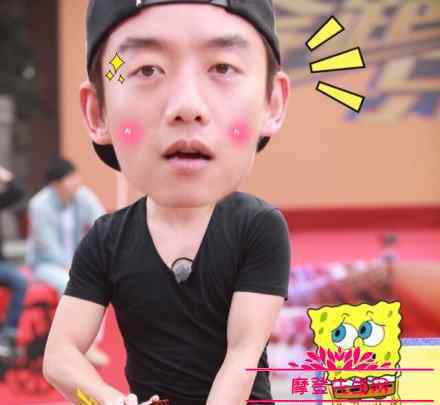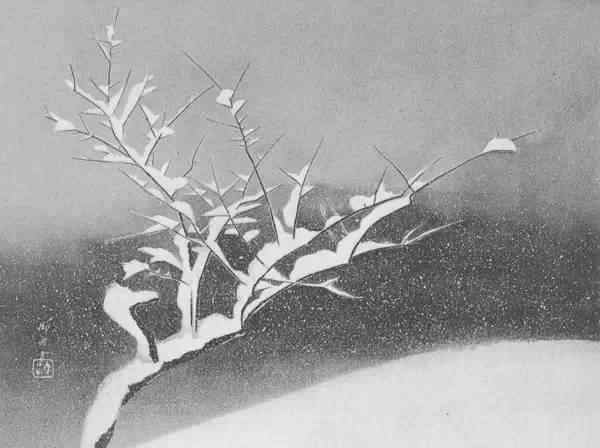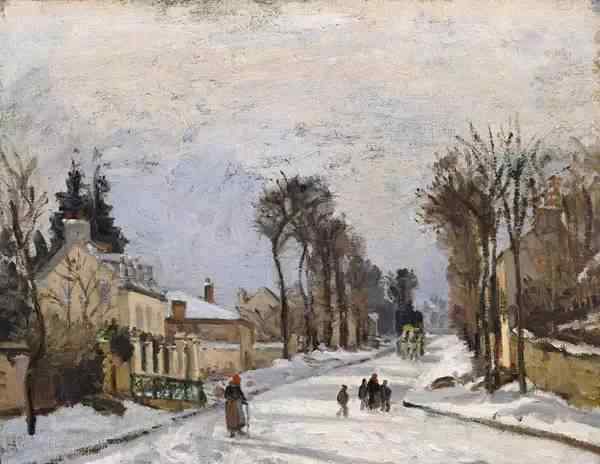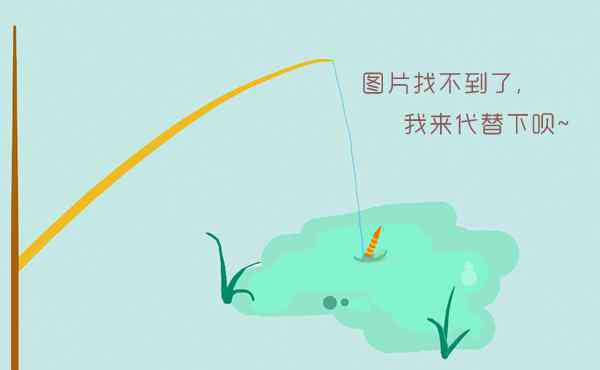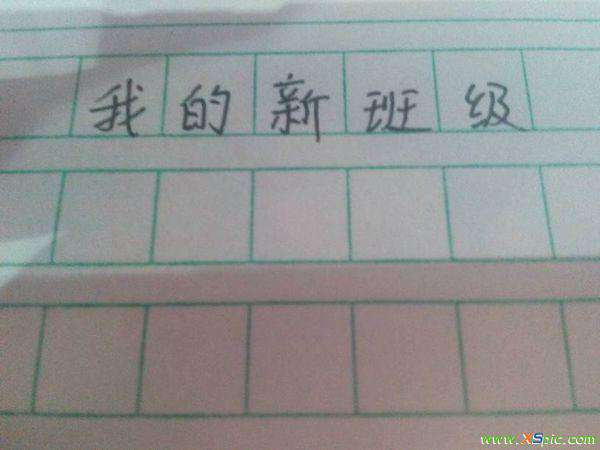题目:
求《小王子》英文读后感(the little prince)700字左右我是初一的学生,英语水平较差,语言搭配简单一些,最好有中英对照
解答:
1The Little Prince, the iconic 1943 classic written by the French aviator and writer, Antoine de Saint-Exupéry, tells a story happened in the Desert of Sahara, about a stranded pilot who befriended a young golden-haired prince, fallen from the skies and constantly questioning the incongruities of human life. The protagonist in this book, an extraordinary and mysterious little prince, lived on a all planet known as Asteroid B-612, which was comprised of three volcanoes, two active and the other extinct, and a rose with astonishing beauty. The flower was rarely found and charming beyond measure, but she was also vain and self-centred, which made the little prince leave his planet because of his inability to confront her. During his journey, the little prince visited several planets, and had conversations with their inhabitants, including a king, a conceited man, a tippler, a businesan, a lamplighter and a geographer, from whom he found, in bewilderment, how unreasonable and meaningless the world of grown-ups is. Finally, he arrived at the earth, where he was thunderstruck by a heart-breaking fact that his flower was not the only one of her kind in the universe. At that moment appeared a fox, asking the little prince to “tame” him; then he did so. Before the little prince’s departure, the fox convinced him of the uniqueness of the rose to him and the essence of love and responsibility for one another. At the end of the story, on the one-year anniversary of the little prince’s descent to the earth, the pilot walked sadly with his friend to the place where he landed. He saw a yellow poisonous snake bit the little prince, who fell noiselessly to the sand and was presumed to have returned to his planet because no body was found the next day. Some people believe that The Little Prince is a fairy-tale, for the sentences in it are simple and natural, flow with a poetic grace, which make the whole story easy to read and understand, while others consider it as a fable because of its abundant symbols and metaphors in the ostensibly simple plot. I’d like to venture my opinion that there’s no need to put the book into any certain category because it is of no consequence to do so. Actually, the expression “matters of consequence” has some satirical meaning in this novel, just as what Saint-Exupéry said in the book: “If you were to say to the grown-ups: ‘I saw a beautiful house made of rose brick, with geraniums in the windows and doves on the roof,’ they would not be able to get any idea of that house at all. You would have to say to them: ‘I saw a house that cost $20,000.’ Then they would exclaim: ‘Oh, what a pretty house that is!’” Grown-ups are always like that. No wonder Saint-Exupéry always wanted to be a child. In the opening of this well-illustrated book, he scoffed at adults’ lack of imagination by showing the readers two interesting pictures: the drawings of a boa constrictor eating an elephant from the outside, regarded as a hat by the adults, and the inside. As a concession to grown-ups who only care about dull and pragmatic matters, and view the world in a quantitative way, the narrator gave up painting, and lived a lonely life as a result of his atypical outlook on life. By saying so, I don’t mean that people should behave childishly on purpose to demonstrate their purity and innocence. Even Saint-Exupéry himself had done big things as all grown-ups do: flew everything from cartography missions to commercial airlines, rescued doomed pilots in the desert, pioneered the mail route from France to South America – the things that bring money, fame and prestige, and all basic necessities of life. I also noticed that Saint-Exupéry mentioned several times in his story that drawing was very difficult for him when grown up because he abandoned it early at the age of six. But I am sure that somewhere, deep inside, he retained a pure and innocent heart. As you can see, he had also done many little things that all little ones do: sketched pictures, comprehended simple things like love and sorrow, like the subtle truths told by the fox to the little prince. Therefore, we can guess that his decision to illustrate his story also lead to his return to the lost innocence as a child. In my view, Saint-Exupéry is a man with a sensible mind as well as a childlike heart, and maybe that’s why The Little Prince has become perhaps the most widely read book after Bible. Although it was written for children, it strikes a chord with adults for its profoundly philosophical undertones. Sometimes, I would even have the illusion that Saint-Exupéry was always a child. In his heart, and in his readers’ souls, he was exactly the little prince himself, who refused to grow up and would never grow up. In the year 1944, on a flight mission during World War II, the eccentric aviator flew his plane from Corsica and disappeared forever, which became one of the most mysterious legends in the history of French literature. In the following 50 years, all the readers of The Little Prince hold the conviction that Saint-Exupéry has returned to his own star. And in the evening, when you look up into the sky, you’ll see five hundred million little laughing bells, on one of which the little prince shall be living, and it is because of him that all the stars become meaningful.2One of the best spiritual books ever written for me is The Little Prince by Antoint de Saint-Exupery. Although is usually sold as book for children, it is nevertheless book for adults, because more then children, adults are they who need to be reminded on simple truths about real values in human life.This enchanting novel came into my life on my 20th birthday as a present from one special person. In the following years I discovered that guy who gave me that book was not so special at all, but The Little Prince stayed with me as my faithful and sparkling companion in the many crucial moments of my life. Antoint de Saint Exupery, world famous writer and pilot, wrote it to his and our inner child, this little sparkle of joy, love and innocence everyone of us carry in the hearts. His words touch deeply, they lead to the core of reader`s inner being and open hearts of the reader for the accepting the deeper meaning of human existence in universe. The Little Prince is powerful story, written from pure essence of love, simple and unbelievable strong . It also faces us with our many human ego-trips which do not allow us to experience freedom and joy of life and make us, adults so rigid and strange in innocent eyes of children. While travelling with the little prince through the universe and accompanying him on the Earth reader will experience many moments of inner enlightenment, moments of joy and deep sadness. Yes, this adventurous novel is deeply emotional from the very beginning to the end - it surrounds one with brilliant sparkles of deep love and innocence, it makes one laugh and cry together with the little prince, it teaches one responsibility, it gently heals the soul, it reminds one on truth about immortality, it shows to all of us the ways how we can create much better world then we now live in and explains one why is this worthwhile. 再问: 能不能大概翻译一下?? 再答: 第一篇第一段大致介绍小王子的故事背景 第二段具体介绍故事情节 第三段谈众人眼中的观点最后阐述我自己的观点,后面引用了几句原文中的话 Grown-ups are always 。。。这段谈到了我对作者眼中成长的含义 以后两段都是在写 Saint-Exupéry 的传奇人生 第二篇第一段介绍这本书为什么这么吸引我 第二段说了这书对我的影响 第三段介绍了作者和作者的写作风格和特点 第四段介绍了故事的深层含义 第五段介绍了这本书对我有多么重要的教育意义
1.《小王子读后感英文 求《小王子》英文读后感(the little prince)700字左右》援引自互联网,旨在传递更多网络信息知识,仅代表作者本人观点,与本网站无关,侵删请联系页脚下方联系方式。
2.《小王子读后感英文 求《小王子》英文读后感(the little prince)700字左右》仅供读者参考,本网站未对该内容进行证实,对其原创性、真实性、完整性、及时性不作任何保证。
3.文章转载时请保留本站内容来源地址,https://www.lu-xu.com/jiaoyu/572300.html

